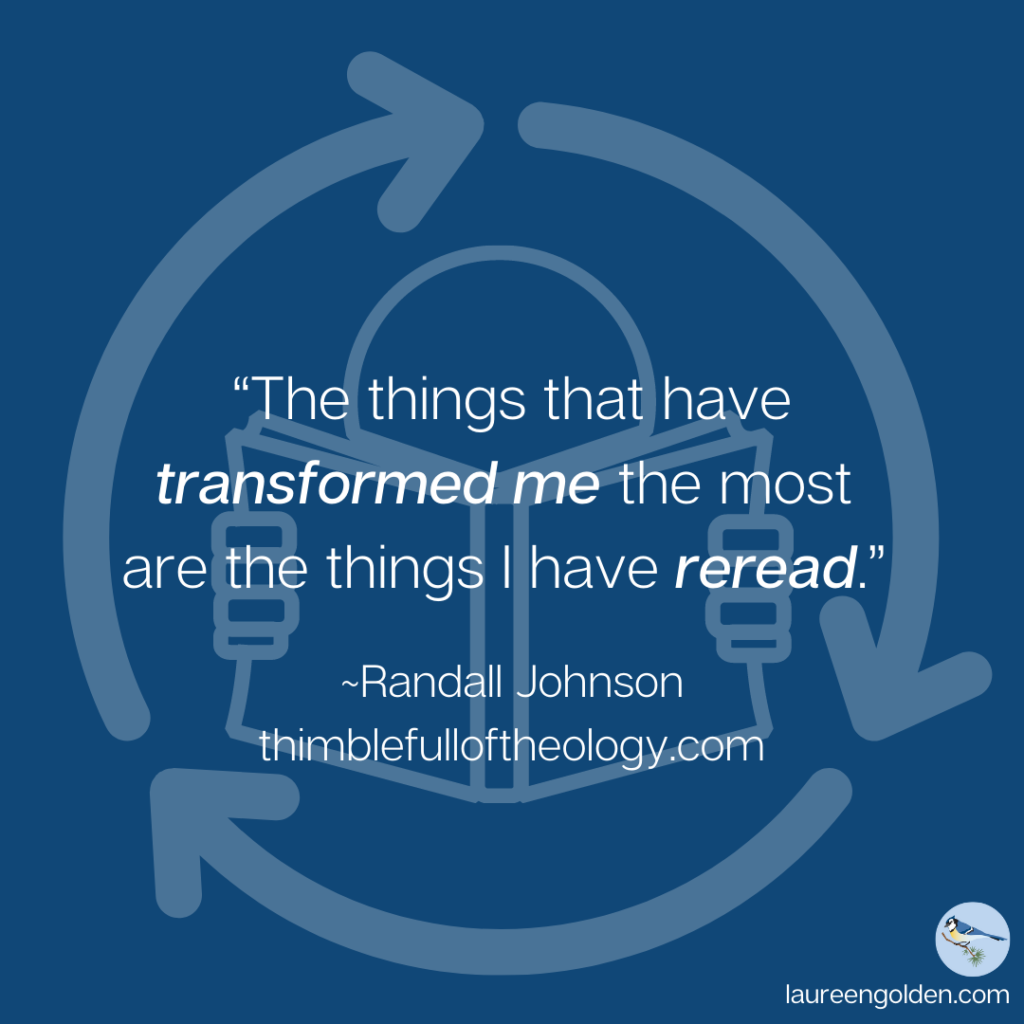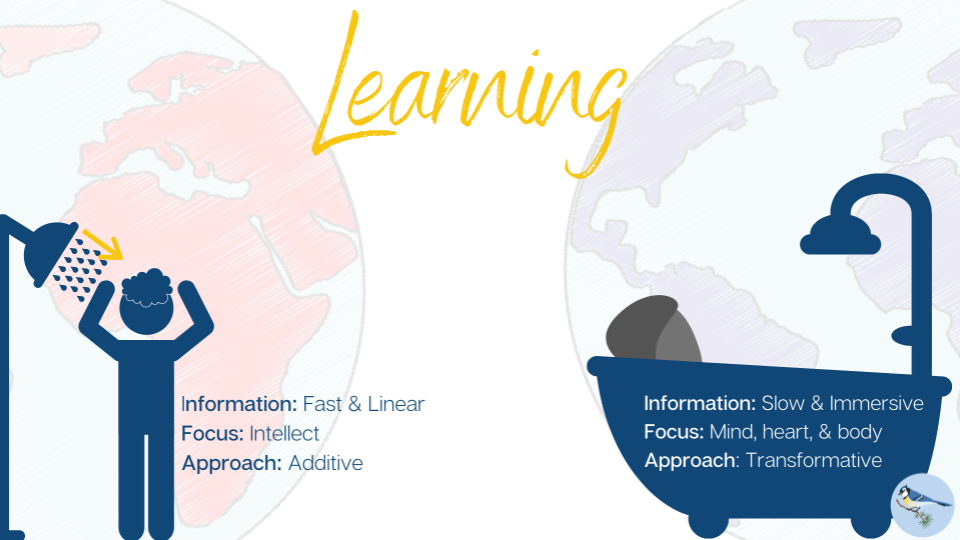
Happy Friday!!! This week we focused on how we relate to Information in the Information Age. On Monday, we explored how we’re now operating in a problem space of ABUNDANCE and how discerning and digestinginformation is the capacity required for success. On Wednesday we looked at discerning. Today, let’s look at the skill of digesting.
Digestion is the process of breaking down what we’ve eaten into smaller pieces that our body can absorb and utilize, as well as eliminating the parts we don’t need. When we’re talking about this same process with information, what we’re really talking about is learning.
Similar to how our relationship with information needs to be upgraded, so too does our relationship with learning. Below are some emerging trends I’m noticing:
- Our eyes can be bigger than our stomachs when it comes to food and information. Similar to the slow food movement, I think we’ll see a trend towards slowing information down and regularly revisiting key ideas.
- Learning will be more just-in-time and embedded in real life tasks(people will be developing new world capacities while accomplishing present day work).
- Digestion/learning will be recognized as a social process. In addition to daily personal practices, we will grow more intentional about the interpersonal/social skills that we can only practice with others.
- Cognitive learning will remain important but other aspects of learning will become more valued, including embodied wisdom and developing qualities of being that can be relied on especially in difficult situations.
- Ensuring information-as-nourishment flows to all will be a shared responsibility. (An example of this is the Afaris, a nomadic tribe in Ethiopia. They “believe it is a sacred responsibility to listen and to share ‘dagu’ - a word that means information, though it implies more than pure data. The exchange of dagu trumps all other responsibilities. They collectively make sense of the patterns that are emerging. The Afaris do not believe that they can control the patterns, but that if they can understand them deeply, they can work within them and potentially nudge or influence them.”) [1]
- Learning in the past could be compared to a shower: Information came at us fast and linear, was aimed at our head/intellect, and the idea was to “add” information into the empty vessel of our brain. I believe learning in our new context will be more like a tub, where information is contained (curated environments), slowing down the flow and allowing us to immerse our whole selves (mind, heart and body) in the process. The approach will be transformative.
[1] “Dagu” is a concept illuminated by Westley, F., Patton, M. Q., & Zimmerman, B. in Getting to Maybe: How the World is Changed, p 133–134.

